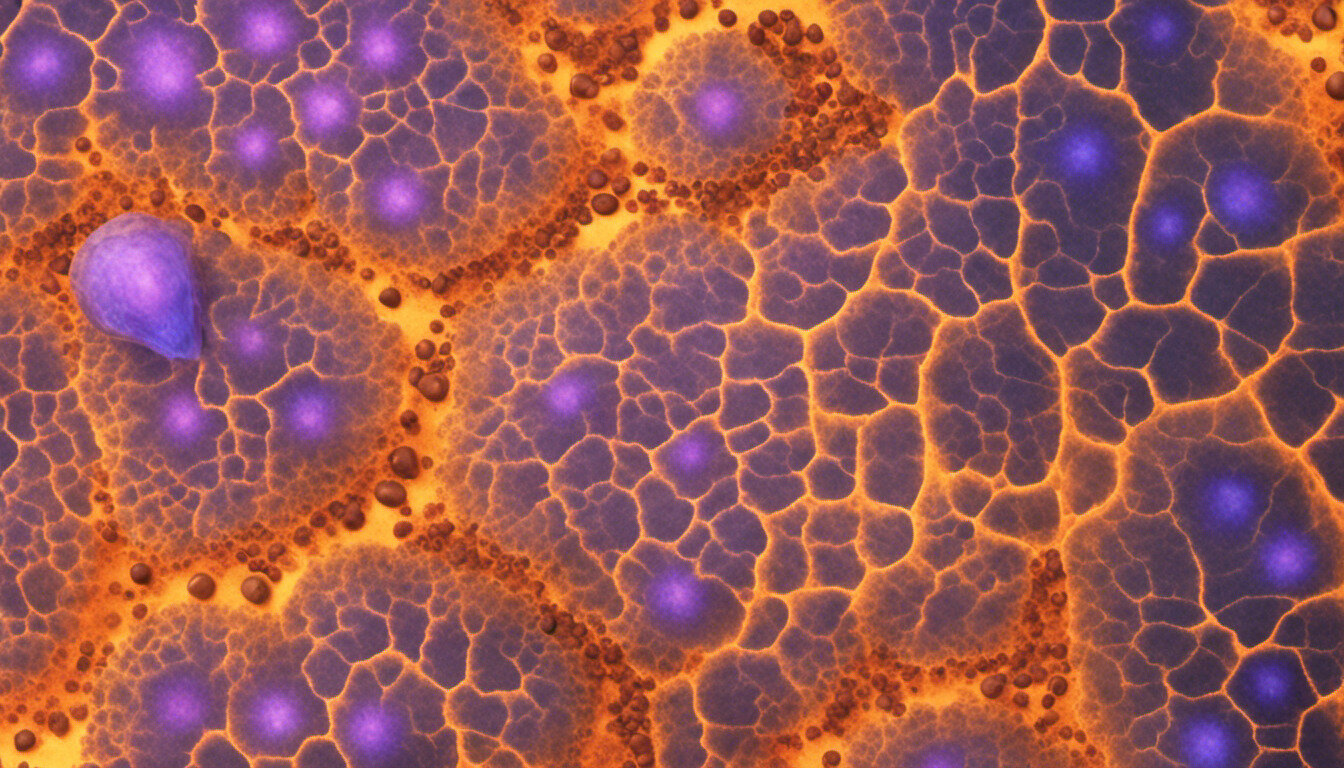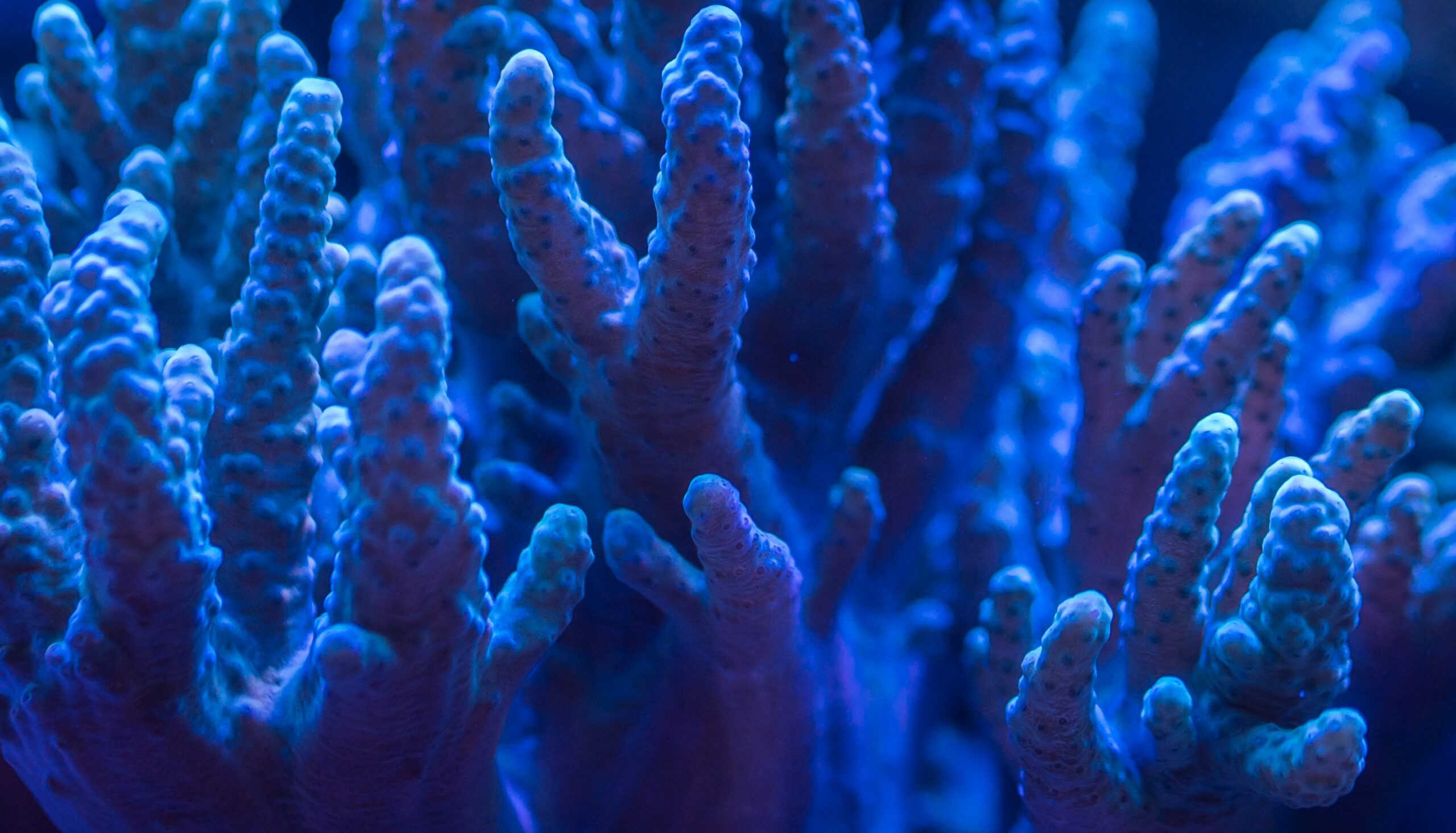- Joined
- Dec 28, 2016
- Messages
- 22,829
- Reaction score
- 21,964
I’m curious about this study about tangs. How does one track a fish in the wild for 40 years to determine its lifespan? Seems overly daunting to say the least.
They use markings in the inner ear much like you can count rings on a tree to tell how old it is. Here is the link:https://www.int-res.com/articles/meps2009/389/m389p245.pdf





















